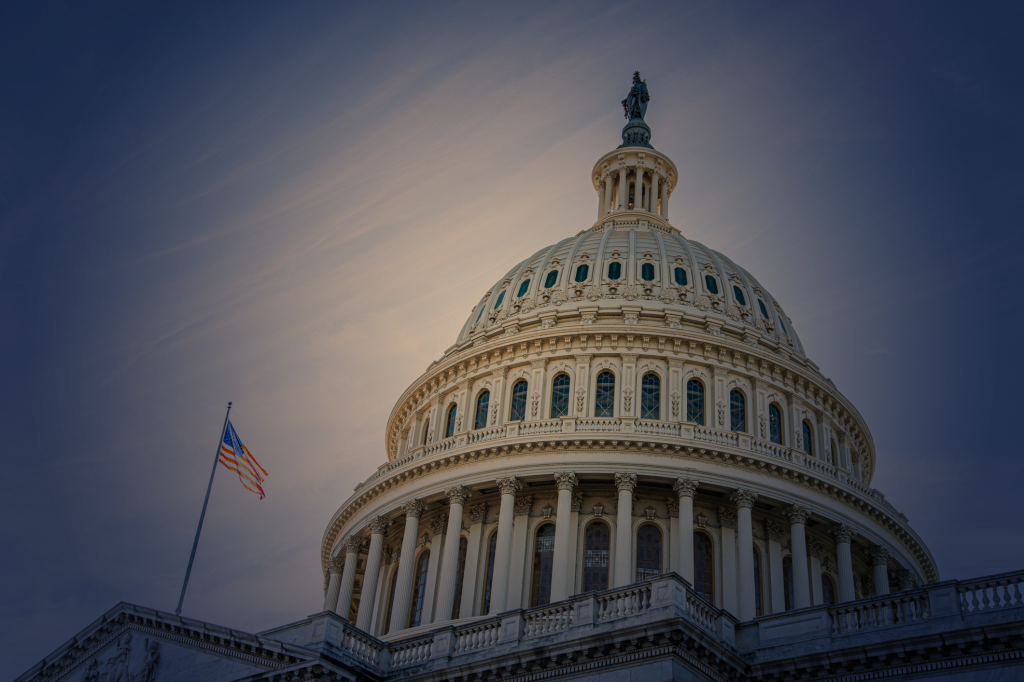It is published simultaneously by RECNA-Nagasaki University, Asia Pacific Leadership Network for Nuclear Non-proliferation and Disarmament (APLN), and Nautilus Institute.

REDUCING OR EXPLOITING RISK? VARIETIES OF US NUCLEAR THOUGHT AND THEIR IMPLICATIONS FOR NORTHEAST ASIA
Van Jackson
Prepared for the
Project on Reducing the Risk of Nuclear Weapons Use
in Northeast Asia (NU-NEA)
Co-sponsored by
The Research Center for Nuclear Weapons Abolition, Nagasaki University (RECNA),
The Nautilus Institute for Security and Sustainability, and
The Asia-Pacific Leadership Network for Nuclear Non-Proliferation and Disarmament (APLN)
with cooperation of
Panel on Peace and Security of Northeast Asia
Additional funding by the MacArthur Foundation
February 28, 2022
This paper argues that there is no monolithic “United States perspective” when it comes to theories of nuclear stability, either structurally or during a crisis. Instead, the propensity of American policymakers to use or invest in nuclear weapons is heavily conditioned by their political and ideological orientation. There has always been a rough ideological divide between nuclear hawks (those tending to favor military coercion) and doves (those generally opposing signaling threats of force) in the United States, but the past several decades have seen more diversity in the types of views and preferences expressed in policy circles about strategic stability and the (dis)utility of nuclear weapons. This paper categorizes the various US perspectives on nuclear weapons as “arms-controllers,” who seek to reduce risks to strategic stability and view advanced conventional weapons as heightening the risks of nuclear use, “nuclear traditionalists,” who accept the logic of mutually assured destruction, “nuclear primacists,” who believe stability derives from nuclear superiority, escalation dominance, and the willingness to launch damage-limiting nuclear first-strikes, and “future-of-war” strategists, who de-center the role of nuclear weapons in US strategy in favor of a focus on precision-guided conventional munitions and delivery systems. These categorical distinctions, and which group holds the attention of policymakers, matters. The scope for US nuclear weapons use—and the propensity to engage in actions that trigger adversary nuclear considerations—narrows and widens depending on whose logic and preferences prevail both over time and in moments of crisis or shock.
Keywords:
United States, Nuclear Strategy, Nuclear Use, Northeast Asia, Biden Administration
Authors’ Profile:
Van Jackson is a professor of International Relations at Victoria University of Wellington, as well as a distinguished fellow at the Asia Pacific Foundation of Canada, and a senior associate fellow with APLN. He is the author of two books on US-North Korea relations, as well as the forthcoming book, Pacific Power Paradox: American Statecraft and the Fate of the Asian Peace (Yale University Press). Before becoming a scholar, Van served in several policy and strategy positions in the Office of the Secretary of Defense during the Obama administration. Research for this paper received additional support from the Federation of American Scientists “Conditions for US-ROK Conventional Arms Reduction” project sponsored by the Korea Foundation.

















